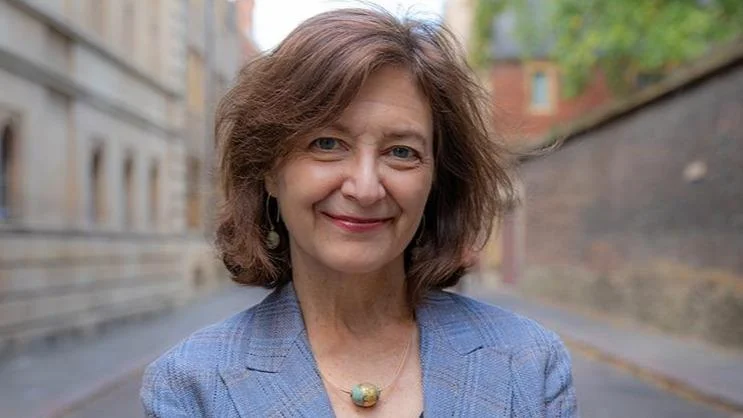Research from the University of Cambridge’s Social Decision-Making Lab indicates that political crises can shift the tone of viral content on social media platforms, moving engagement from negative emotions and hostility to messages of unity within political groups.
The study analyzed over 62,000 public Facebook posts by US politicians, commentators, and media outlets before and after two major events in July 2024: the attempted assassination of Donald Trump at a rally and Joe Biden’s suspension of his re-election campaign. The researchers aimed to understand how these events affected online behavior among Republicans and Democrats.
“We wanted to understand the kinds of content that went viral among Republicans and Democrats during this period of high tension for both groups,” said Malia Marks, PhD candidate in Cambridge’s Department of Psychology and lead author of the study, published in the journal Proceedings of the National Academy of Sciences.
“Negative emotions such as anger and outrage along with hostility towards opposing political groups are usually rocket fuel for social media engagement. You might expect this to go into hyperdrive during times of crisis and external threat.”
“However, we found the opposite. It appears that political crises evoke not so much outgroup hate but rather ingroup love,” said Marks.
Following the Trump assassination attempt, Republican-aligned posts that emphasized unity received 53% more engagement than those without such messaging—a rise of 17 percentage points compared to before the shooting. Examples included Franklin Graham thanking God for Trump’s survival and Laura Ingraham posting about Trump’s resilience. At the same time, posts attacking Democrats saw a decrease in engagement by 23 percentage points.
After Biden withdrew from his re-election bid, Democrat-aligned posts expressing solidarity gained 91% more engagement than those that did not—an increase of 71 percentage points over levels shortly before his withdrawal. Posts included praise from Robert Reich for Biden as “one of our most pro-worker presidents” and Nancy Pelosi describing Biden as “one of the most consequential Presidents in American history.” During this period, attacks on Republicans by Democratic accounts continued to rise gradually; nearly a quarter of conservative posts showed hostility toward opposing groups compared to just five percent among liberal posts across late July.
Previous research led by Cambridge’s Social Decision-Making Lab found that hostile content generally attracts more shares than supportive messages. “Social media platforms such as Twitter and Facebook are increasingly seen as creating toxic information environments that intensify social and political divisions, and there is plenty of research now to support this,” said Yara Kyrychenko, study co-author and PhD candidate at Cambridge’s Social Decision-Making Lab.
“Yet we see that social media can produce a rally-round-the-flag effect at moments of crisis, when the emotional and psychological preference for one’s own group takes over as the dominant driver of online behaviour.”
A similar pattern was observed last year when Kyrychenko led a study analyzing Ukrainian social media activity before and after Russia’s invasion in February 2022. After the invasion began, there was a significant spike in solidarity-focused posts—92% more engagement on Facebook—and less additional engagement for hostile content toward Russia.
Researchers suggest these findings are notable given America’s deep polarization. “We didn’t know whether moments of political rather than existential crisis would trigger solidarity in a country as deeply polarised as the United States. But even here, group unity surged when leadership was threatened,” said Dr Jon Roozenbeek, Lecturer in Psychology at Cambridge University and senior author.
“In times of crisis, ingroup love may matter more to us than outgroup hate on social media.”
The study reviewed 62,118 public posts from 484 Facebook accounts associated with US politicians or partisan commentators between July 5–29, 2024.

